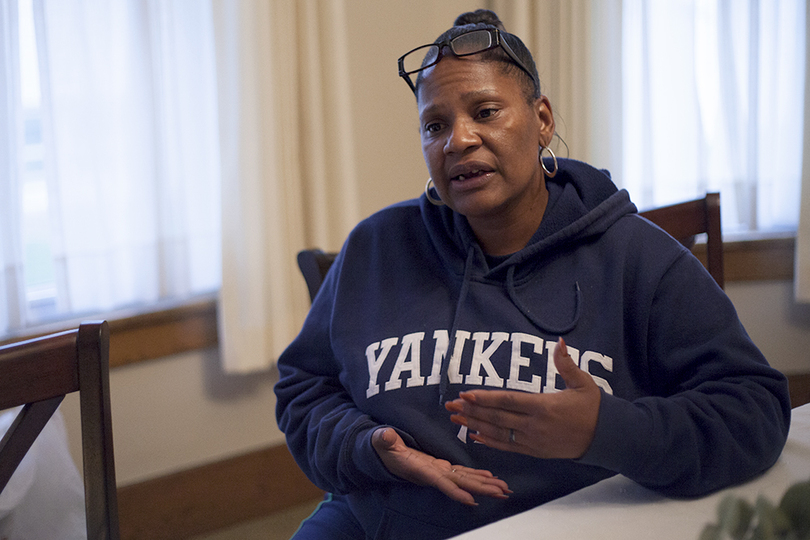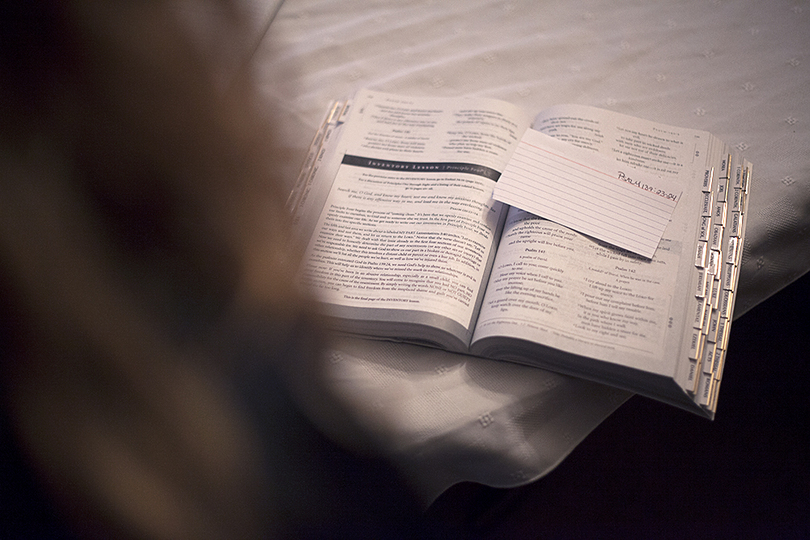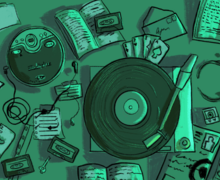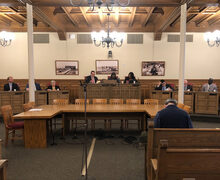Where the heart is: People from different backgrounds find ways to give new meaning to ‘home’
A small white church lies next to a white house on the West side of Syracuse. The two buildings are humble and unassuming, unrelated, except for the matching violet trim on either structure.
For many, they are just another part of the neighborhood. For a few, they are a chance to escape.
Exodus 3 Ministries provides a home for women who have nowhere else to go. Some of the people who call in to the ministry are coming off the streets, others from prison. Others have been the victims of domestic battery.
The mission is Baptist, and preaches a path through spiritual devotion in order to build strength after a life with struggle.
For the ladies within the house, it is a path that seems to have led them in the right direction.
For Rosaline Edwards, the opportunity to join Exodus 3 was an opportunity to be saved.
“Things are beautiful, being here,” Edwards said. “Exodus house is a way out.”
Edwards began living in the house on Oct. 1, the first day it was available after its red-ribbon ceremony. For Edwards, the Exodus house represents a way to show women another option: a new way of life.
“They think they’re not worth anything?” asked Edwards, referring to the women residing with her in the house. “They’re worth everything.”
She discussed her future plans and the future of the Exodus house. Edwards feels strongly that the house will expand, continuing to help women in need along the way.
Edwards knows what she wants to do. While she doesn’t have a background in internal medicine, she knows she wants to volunteer with the cancer patients at the up-and-coming Ronald McDonald House.
Edwards has family in Syracuse, two children and a mother she talks to frequently, though she can’t see them regularly until she completes a 40-day transitional period.
The second chances provided by Exodus 3 are saviors for the women they affect, but don’t affect every member of the Syracuse homeless community. The streets are still filled with those without shelter, braving the elements with signs and cups to try and make ends meet.
But for people like Hector, who did not disclose his last name, these elements, such as Superstorm Sandy, present a business opportunity.
Hector lives under the McBride Street Bridge, but he works at the intersection of Adams and Almond streets. He holds a sign that invites passers-by to donate money to him, offering them God’s blessings in return. He refers to the faceless drivers as “customers” and approaches his street work like a 9-to-5 job.
Despite the weather, he laughed often and spoke optimistically. The storm did not scare him. In fact, he made twice the profit he normally would.
Hailing from Puerto Rico and more recently, Brooklyn, Hector speaks with an accent that is a smorgasbord of different cultures. He is a sports fan — New York Giants and New York Yankees mostly — but his favorite sport is handball.
He picked it up in prison.
Hector has lived a difficult life. After a 15-year addiction to heroin, Hector is beginning to see the error of his ways.
“I’d work 40, 50, 60 hours a week and it’s all gone in one or two days,” Hector said. “It ain’t worth it.”
He watches the actions of those around him, and sees the way addicts shake. He watches drinking happen at the bridge and finds little appeal in it.
He laughs about his proximity to SU campus life, and the unruliness that constantly occurs.
“Them young people are too rowdy,” Hector said. “Especially during football games.”
His smile dims briefly when reflecting on the death of his friend, Tim. Several weeks ago, Timothy Wilkin died in a fire near the bridge, one that Hector feels fortunate to have avoided himself. He mourns his friend, but looks to the future. He wants to get out of the streets and get a place of his own.
Hector tried assisted living before. The procedure was complicated and ultimately designed to fail, or so he felt. The system failed him, and Hector will have to find other means to survive.
This is the grim truth for many people who have found the only forum for survival is on the streets of the city. Yet for the five women in the Exodus house, a different path lay in store for them.
Stephanie Saltzgiver is from Baltimore and a former social elite, with a big house and her own business. But she ultimately lost her material world and the support of her mother.
For her, Exodus 3 offers a new form of family.
“We’re all so different,” Saltzgiver said. “Which is so cool.”
Saltzgiver was religious prior to her exposure to the mission, though now she approaches spirituality in a new light. She marvels at the ability the head volunteers have to solve problems through sitting down and referencing the Bible, and has found fulfillment in these occasions.
When talking about the Bible, Saltzgiver ran to grab her copy, turning methodically to a passage she has gone over and over since her experience with the mission.
It’s her favorite passage: Psalm 139: 23-24.
“Search me, O God, and know my heart; test me and know my anxious thoughts. See if there is any offensive way in me and lead me in the way everlasting.”
Stephanie Earl, head of volunteers for Exodus 3, relishes in the joy she sees within the women of the house. Earl talks about how the feeling among the volunteers and the ladies is one not always found in volunteer environments. As she puts it, “it feels right.”
Said Earl: “The ladies are super happy. They’re like, ‘We feel at home. This is awesome.’”
Published on November 1, 2012 at 1:58 am
Contact Chelsea: cedebais@syr.edu | @CDeBaise124







